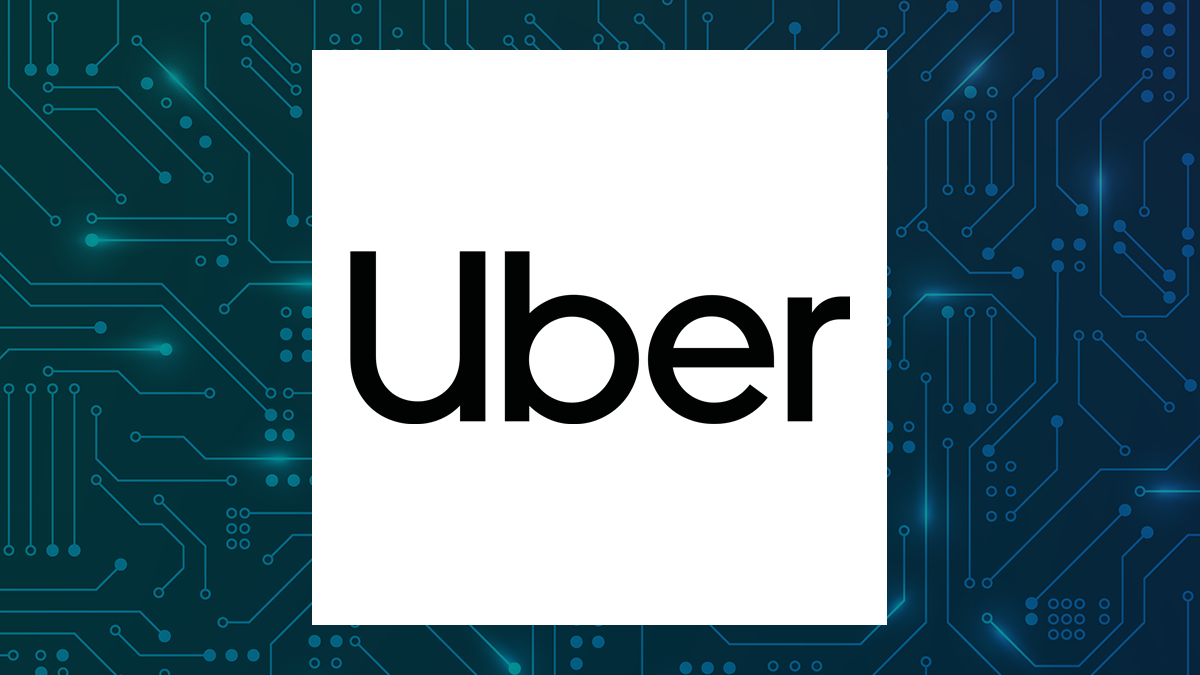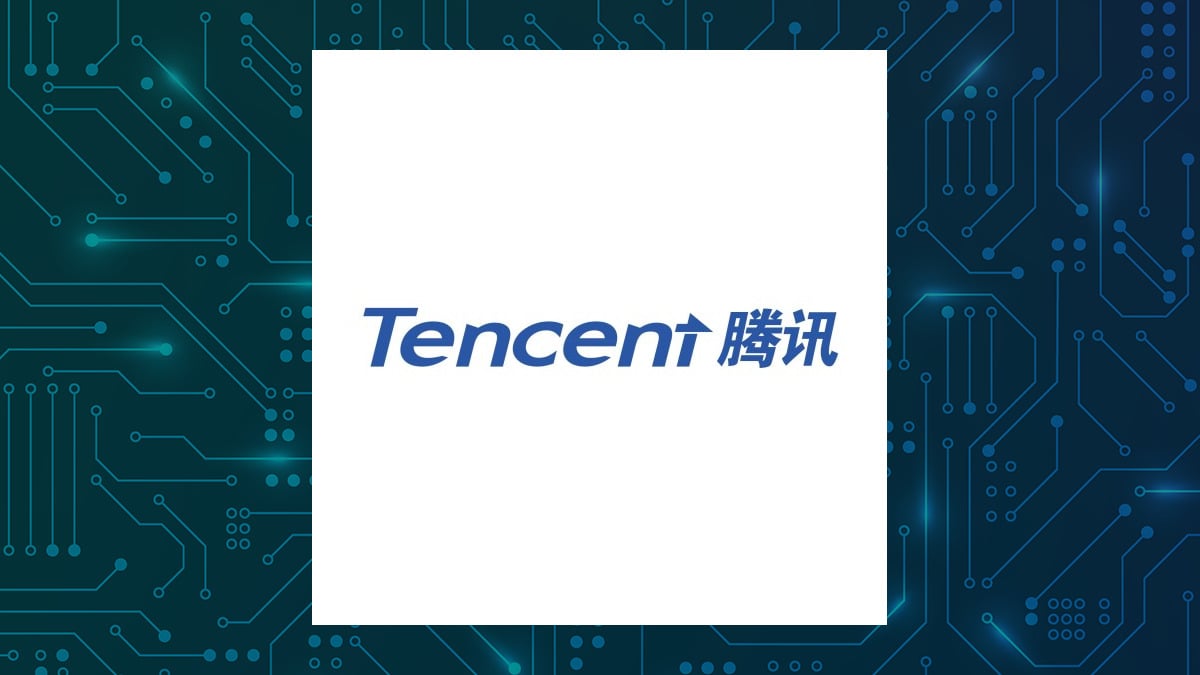Uber Technologies (NYSE:UBER – Get Free Report) and Tencent (OTCMKTS:TCEHY – Get Free Report) are both large-cap computer and technology companies, but which is the superior investment? We will compare the two companies based on the strength of their profitability, earnings, dividends, risk, analyst recommendations, valuation and institutional ownership.
Profitability
This table compares Uber Technologies and Tencent’s net margins, return on equity and return on assets.
| Net Margins | Return on Equity | Return on Assets | |
| Uber Technologies | 26.68% | 59.96% | 24.38% |
| Tencent | 29.55% | 19.06% | 11.17% |
Analyst Recommendations
This is a breakdown of current ratings and price targets for Uber Technologies and Tencent, as reported by MarketBeat.com.
| Sell Ratings | Hold Ratings | Buy Ratings | Strong Buy Ratings | Rating Score | |
| Uber Technologies | 0 | 10 | 29 | 2 | 2.80 |
| Tencent | 0 | 0 | 2 | 0 | 3.00 |
Earnings & Valuation
This table compares Uber Technologies and Tencent”s top-line revenue, earnings per share and valuation.
| Gross Revenue | Price/Sales Ratio | Net Income | Earnings Per Share | Price/Earnings Ratio | |
| Uber Technologies | $43.98 billion | 4.43 | $9.86 billion | $5.87 | 15.93 |
| Tencent | $91.85 billion | 7.97 | $27.00 billion | $3.09 | 25.88 |
Tencent has higher revenue and earnings than Uber Technologies. Uber Technologies is trading at a lower price-to-earnings ratio than Tencent, indicating that it is currently the more affordable of the two stocks.
Volatility and Risk
Uber Technologies has a beta of 1.48, indicating that its share price is 48% more volatile than the S&P 500. Comparatively, Tencent has a beta of 0.12, indicating that its share price is 88% less volatile than the S&P 500.
Institutional & Insider Ownership
80.2% of Uber Technologies shares are held by institutional investors. Comparatively, 0.0% of Tencent shares are held by institutional investors. 3.7% of Uber Technologies shares are held by company insiders. Strong institutional ownership is an indication that endowments, hedge funds and large money managers believe a company is poised for long-term growth.
Summary
Uber Technologies beats Tencent on 9 of the 15 factors compared between the two stocks.
About Uber Technologies
 Uber Technologies, Inc. develops and operates proprietary technology applications in the United States, Canada, Latin America, Europe, the Middle East, Africa, and Asia excluding China and Southeast Asia. It operates through three segments: Mobility, Delivery, and Freight. The Mobility segment connects consumers with a range of transportation modalities, such as ridesharing, carsharing, micromobility, rentals, public transit, taxis, and other modalities; and offers riders in a variety of vehicle types, as well as financial partnerships products and advertising services. The Delivery segment allows to search for and discover restaurants to grocery, alcohol, convenience, and other retails; order a meal or other items; and Uber direct, a white-label Delivery-as-a-Service for retailers and restaurants, as well as advertising. The Freight segment manages transportation and logistics network, which connects shippers and carriers in digital marketplace including carriers upfronts, pricing, and shipment booking; and provides on-demand platform to automate logistics end-to-end transactions for small-and medium-sized business to global enterprises. The company was formerly known as Ubercab, Inc. and changed its name to Uber Technologies, Inc. in February 2011. Uber Technologies, Inc. was founded in 2009 and is headquartered in San Francisco, California.
Uber Technologies, Inc. develops and operates proprietary technology applications in the United States, Canada, Latin America, Europe, the Middle East, Africa, and Asia excluding China and Southeast Asia. It operates through three segments: Mobility, Delivery, and Freight. The Mobility segment connects consumers with a range of transportation modalities, such as ridesharing, carsharing, micromobility, rentals, public transit, taxis, and other modalities; and offers riders in a variety of vehicle types, as well as financial partnerships products and advertising services. The Delivery segment allows to search for and discover restaurants to grocery, alcohol, convenience, and other retails; order a meal or other items; and Uber direct, a white-label Delivery-as-a-Service for retailers and restaurants, as well as advertising. The Freight segment manages transportation and logistics network, which connects shippers and carriers in digital marketplace including carriers upfronts, pricing, and shipment booking; and provides on-demand platform to automate logistics end-to-end transactions for small-and medium-sized business to global enterprises. The company was formerly known as Ubercab, Inc. and changed its name to Uber Technologies, Inc. in February 2011. Uber Technologies, Inc. was founded in 2009 and is headquartered in San Francisco, California.
About Tencent
 Tencent Holdings Limited, an investment holding company, offers value-added services (VAS), online advertising, fintech, and business services in the People's Republic of China and internationally. It operates through VAS, Online Advertising, FinTech and Business Services, and Others segments. The company's consumers business provides communication and services, such as instant messaging and social network; digital content including online games, videos, live streaming, news, music, and literature; fintech services, which includes mobile payment, wealth management, loans, and securities trading; and various tools, such as network security management, browser, navigation, application management, email, etc. Its enterprise business comprises marketing solutions, which offers digital tools including user insight, creative management, placement strategy, and digital assets management; and cloud services, such as cloud computing, big data analytics, artificial intelligence, Internet of Things, security and other technologies for financial services, education, healthcare, retail, industry, transport, energy, and radio & television application. In addition, the company operates innovation business, which includes artificial intelligences; and discover and develops enterprise and next-generation technologies for food production, energy, and water management application. Tencent Holdings Limited was formerly known as Tencent (BVI) Limited and changed its name to Tencent Holding Limited in February 2004. The company was founded in 1998 and is headquartered in Shenzhen, the People's Republic of China.
Tencent Holdings Limited, an investment holding company, offers value-added services (VAS), online advertising, fintech, and business services in the People's Republic of China and internationally. It operates through VAS, Online Advertising, FinTech and Business Services, and Others segments. The company's consumers business provides communication and services, such as instant messaging and social network; digital content including online games, videos, live streaming, news, music, and literature; fintech services, which includes mobile payment, wealth management, loans, and securities trading; and various tools, such as network security management, browser, navigation, application management, email, etc. Its enterprise business comprises marketing solutions, which offers digital tools including user insight, creative management, placement strategy, and digital assets management; and cloud services, such as cloud computing, big data analytics, artificial intelligence, Internet of Things, security and other technologies for financial services, education, healthcare, retail, industry, transport, energy, and radio & television application. In addition, the company operates innovation business, which includes artificial intelligences; and discover and develops enterprise and next-generation technologies for food production, energy, and water management application. Tencent Holdings Limited was formerly known as Tencent (BVI) Limited and changed its name to Tencent Holding Limited in February 2004. The company was founded in 1998 and is headquartered in Shenzhen, the People's Republic of China.
Receive News & Ratings for Uber Technologies Daily - Enter your email address below to receive a concise daily summary of the latest news and analysts' ratings for Uber Technologies and related companies with MarketBeat.com's FREE daily email newsletter.
